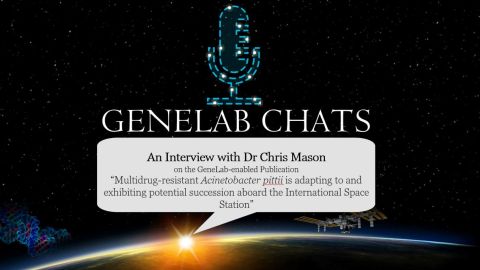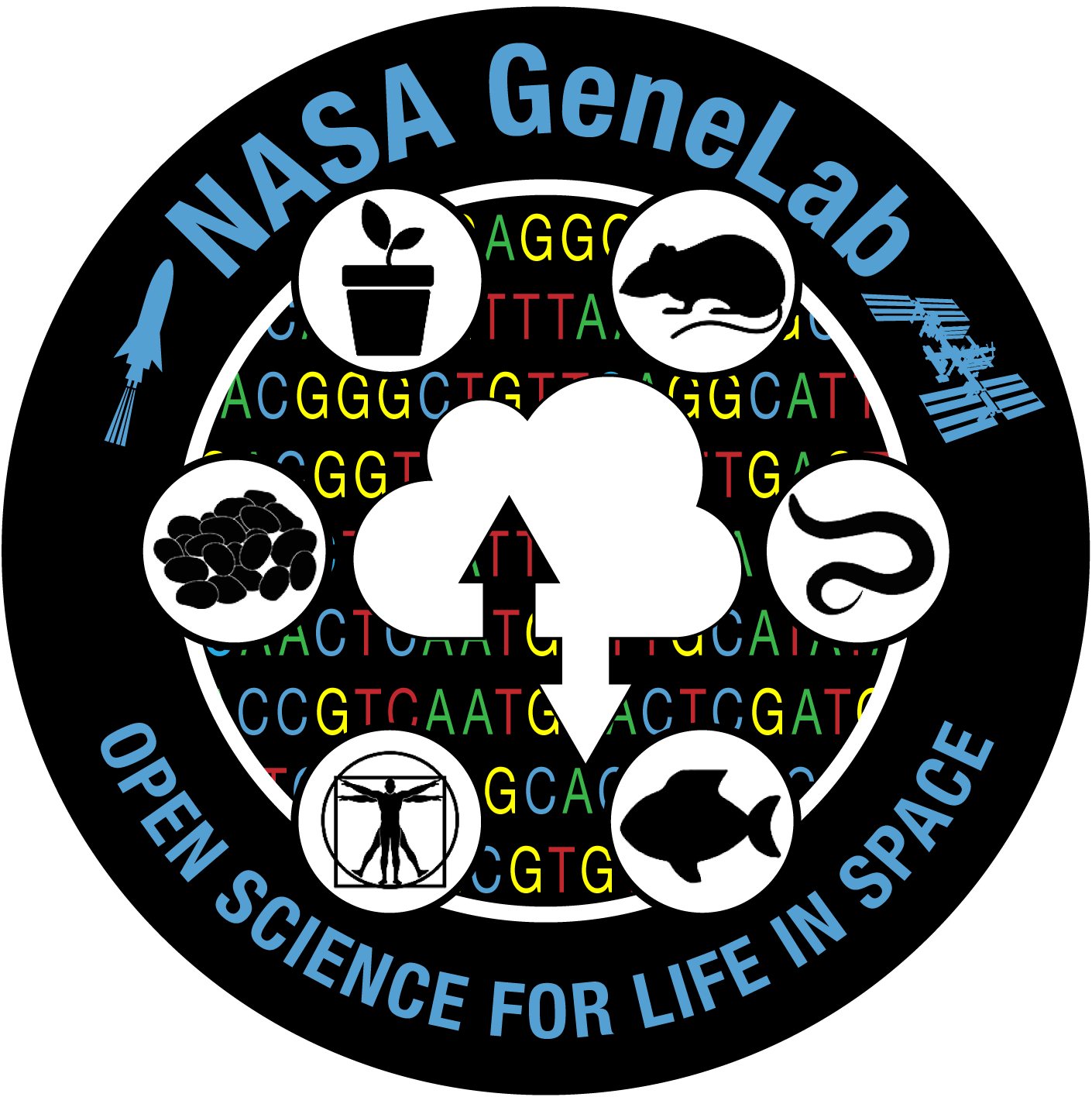
Welcome to the "GeneLab Chats" series. In this brief interview style format, GeneLab speaks with authors of GeneLab-enabled publications to better understand the scope of their publication as well as how the GeneLab data system helped enabled their research. Read more information below about the publication highlighted in this series from Dr. Christopher Mason at Weill Cornell Medicine.
Any bacterial species introduced into space will inevitably be exposed to multiple biological stressors. Microbes possess the unique ability to adapt quickly due to rapid cell division and the acquisition of external DNA elements. Given the pivotal roles microbes play in human health and physiology (ranging from pathogens to arbiters of a healthy gut), understanding how we can expect specific microbes to adapt to space-based ecosystems is essential for ensuring crew safety and health during longer space missions. The publication "Multidrug-resistant Acinetobacter pittii is adapting to and exhibiting potential succession aboard the International Space Station" by Dr. Mason and colleagues explores OSD-252 and describes the spaceflight adaptations of phylogenetically distinct microbial species from Earth‑bound strains. GeneLab recently spoke to Dr. Mason to hear about this work and highlights how the GeneLab data system and Analysis Working Groups (AWGs) enabled this reanalysis.

